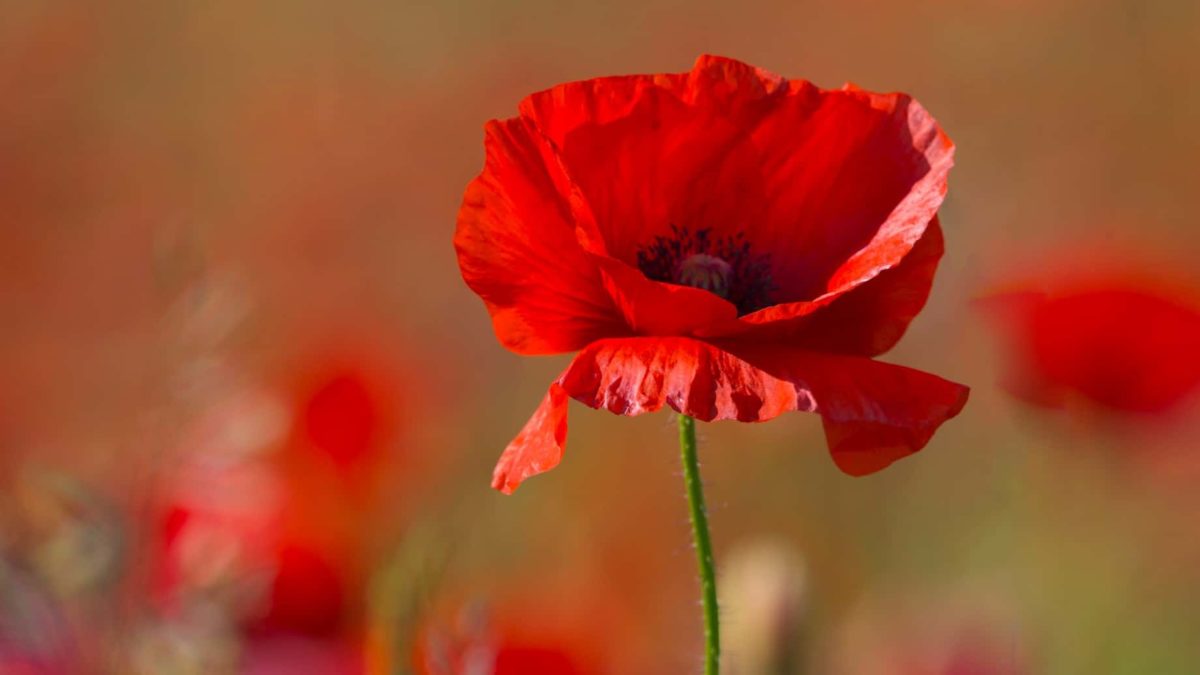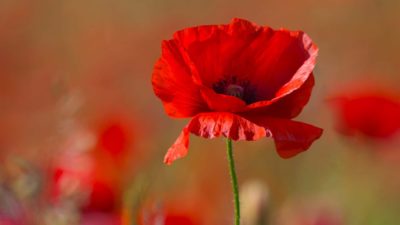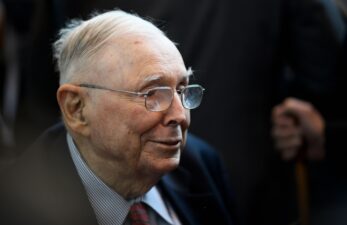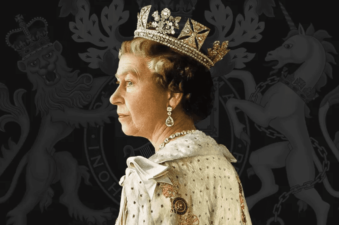Today is ANZAC Day. Our national day of remembrance for those who served, suffered and died in wars and war-like conflicts.
Perhaps the most sombre and affecting act of remembrance is visiting a War Cemetery.
One such cemetery, The Bomana War Cemetery in Port Moresby, Papua New Guinea, is the final resting place of 3,824 war dead. Many of them, Australian servicemen.
I was fortunate to be able to pay my respects there after trekking the Kokoda Trail back in 2018. I spent a couple of hours at the cemetery, slowly walking between the rows of white gravestones, dutifully maintained by the Commonwealth War Graves Commission.
I read the names. The ranks. And, most movingly, the ages. They were so young. And so brave. Australians who, 75 years earlier, answered their country's call, but did not come home.
During our trek, we visited many of the places that, like ANZAC Cove in Turkey, have become sacred ground.
Battle sites like Kokoda, Isurava, and Brigade Hill. And many others.
Places where Australian blood was spilled, and lives lost, in defence of our country.
Where regular Australian Army soldiers and the famed 'Chocos' (the so-called 'Chocolate Soldiers'; militia forces with relatively little training and even less experience, who were expected to melt under pressure) faced the Japanese Imperial Army's relentless onslaught.
And prevailed.
But at a terrible cost.
It was deeply moving.
To be honest, that feels like an enormous understatement. I wish I could express it better.
To stand at the places where these pitched battles were fought was overwhelming.
Australian servicemen, three-quarters of a century earlier, had faced the enemy with courage, determination, and the 'full measure of devotion'.
Their country had asked them to face down the enemy. Their commanders had asked them to hold their ground.
Which they did, too often laying down their lives.
All these years later, we were standing where they stood.
I was asked to read something written by one of those soldiers. I'm not ashamed to admit I had trouble finishing those words, overcome by emotion.
In the stillness, the serenity, we tried to imagine a very different time.
A time when the enemy burst out of the jungle in overwhelming numbers, determined to break the Australian line.
When, countless times, the Australians held that line, against immense odds.
And wondering, if it came to it, whether we would have done the same.
I like to think I would have.
But I can't be sure.
And also, as I get older, I'm mindful that it wouldn't be me but my kids who would be asked to take up the cause.
To put on our nation's uniform and to faithfully serve, even unto death.
It is too painful to imagine.
And yet, it's something that thousands of Australian servicemen and women have signed up for today.
And hundreds of thousands of others have done, over the last 130 years.
Many of them did not return, either.
They lie near where they fell. Some identified by name, rank and serial number. Some in graves marked only 'A soldier of the Great War' or 'A soldier of the Second World War'.
But all in sacred ground.
Many did return, too. But were never the same again.
They carry the scars, visible or invisible, of their service in our name.
And on April 25 each year, we gather together in solemn remembrance.
2023 marks the 108th anniversary of the landing of the Australian and New Zealand Army Corps (ANZAC) at Gallipoli.
We remember those original ANZACs.
And we remember those who served, suffered and died in our country's name.
Those who did not return. And those who returned, forever changed.
We remember their sacrifice.
Each year, I am reminded of the poem In Flanders Fields by John McCrae, which reads in part:
We are the Dead. Short days ago
We lived, felt dawn, saw sunset glow,
Loved and were loved, and now we lie,
In Flanders fields.
Take up our quarrel with the foe:
To you from failing hands we throw
The torch; be yours to hold it high.
If ye break faith with us who die
We shall not sleep, though poppies grow
In Flanders fields.
We will not break that faith. We must not.
We do not have to face what they faced. We do not have to lay down our lives.
But we must remember.
It is our solemn duty.
But also to, as the ANZAC Dedication exhorts, be worthy of their great sacrifice.
In full, it reads:
"At this hour, on this day, ANZAC received its baptism of fire and became one of the immortal names in history. We who are gathered here think of the comrades who went out with us to battle but did not return. We feel them still near us in spirit. We wish to be worthy of their great sacrifice. Let us, therefore, once again dedicate ourselves to the service of the ideals of which they died. As the dawn is even now about to pierce the night, so let the memory inspire us to work for the coming of the new light into the dark places of the world."
That is the real remembrance.
Not just to pay our respects to the sacrifices of the past, though that is imperative.
But also to ensure those sacrifices were not in vain. To be a nation worthy of those very sacrifices.
They went with songs to the battle, they were young,
Straight of limb, true of eye, steady and aglow.
They were staunch to the end against odds uncounted;
They fell with their faces to the foe.
They shall grow not old, as we that are left grow old:
Age shall not weary them, nor the years condemn.
At the going down of the sun and in the morning
We will remember them.
Lest We Forget.






